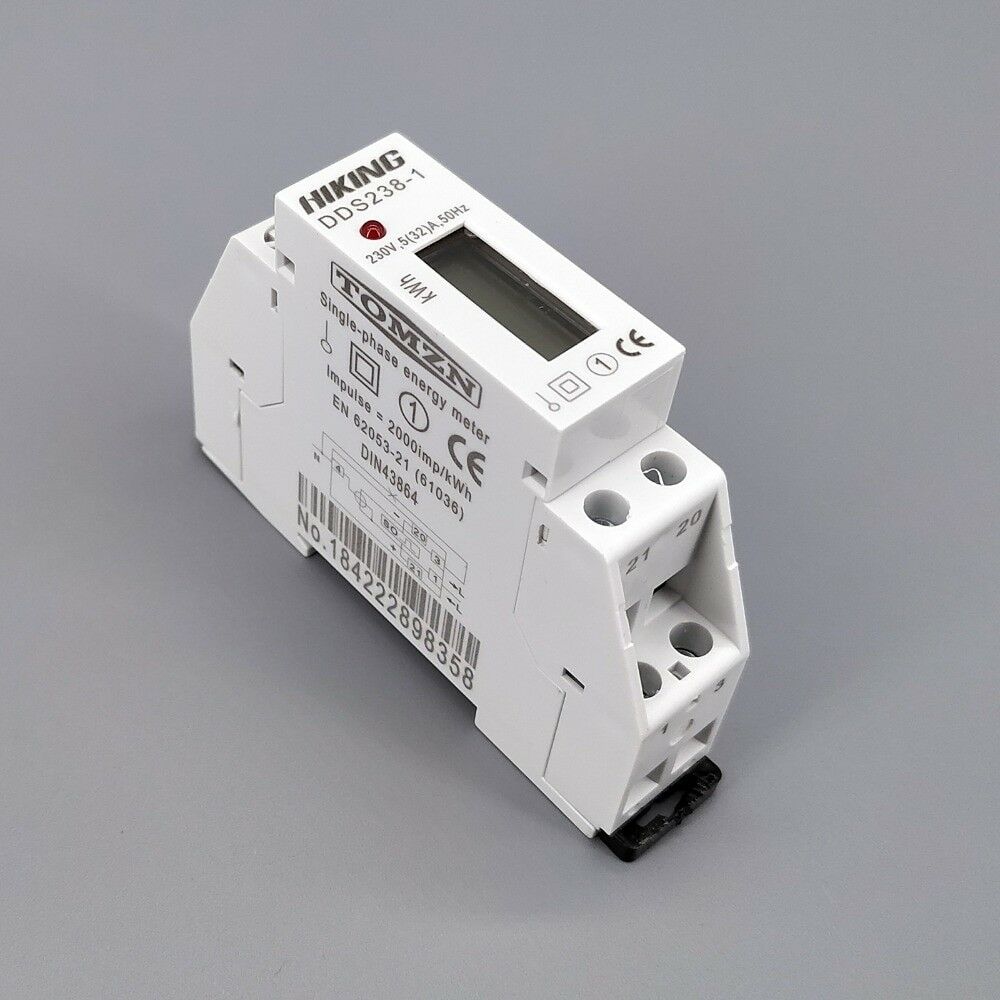There are modest costs associated with running an MVHR system. Since the fans run 24×7 they typically use more electricity than intermittent-use extract fans in bathrooms and kitchens. There are also filters that need to be replaced on a regular basis.
I think these MVHR running costs should be treated as part of the heating costs, since they’re a natural consequence of the energy efficiency measures that reduce the heating bills.
First the filters: For a PAUL Novus (the 300 and 450 take the same filters) a set of genuine PAUL replacement filters consisting of one G4 and one F7 filter cost around £30 plus VAT from the Green Building Store. These need changing 2 – 3 times per year so that’s roughly £100 per year. Aftermarket filters are available from other suppliers such as fairair.eu but those don’t appear to be significantly cheaper.
The electricity usage varies depending on how much the Boost setting is used and also on how blocked the filters are (assuming the MVHR unit has fans which compensate for filter blockage by running faster, consuming more power, like the PAUL Novus does). Without Boost (i.e. on Level 2) I’m seeing around 0.9 kWh per day or about 26 kWh per month. Allowing for some running on Boost (i.e. Level 3) that’s roughly £50 per year.
All in, that’s about £150 per year.
How do I know how much electricity the MVHR unit uses? There’s a sub-meter in the consumer unit on the circuit dedicated to the MVHR – similar to the one shown below. These are £10 – £15 on eBay and are a good way of keeping a watch on the running costs.

![]() MVHR Running Costs by Marsh Flatts Farm Self Build Diary is licensed under a Creative Commons Attribution-ShareAlike 4.0 International License.
MVHR Running Costs by Marsh Flatts Farm Self Build Diary is licensed under a Creative Commons Attribution-ShareAlike 4.0 International License.

People always comment on the low electric costs of running an MVHR, but don’t tell you about the filter costs. However, given our heating/electricity costs our low I should not complain.
If you are interested we did a blog on building our passivhaus https://blog.fishleys.co.uk/